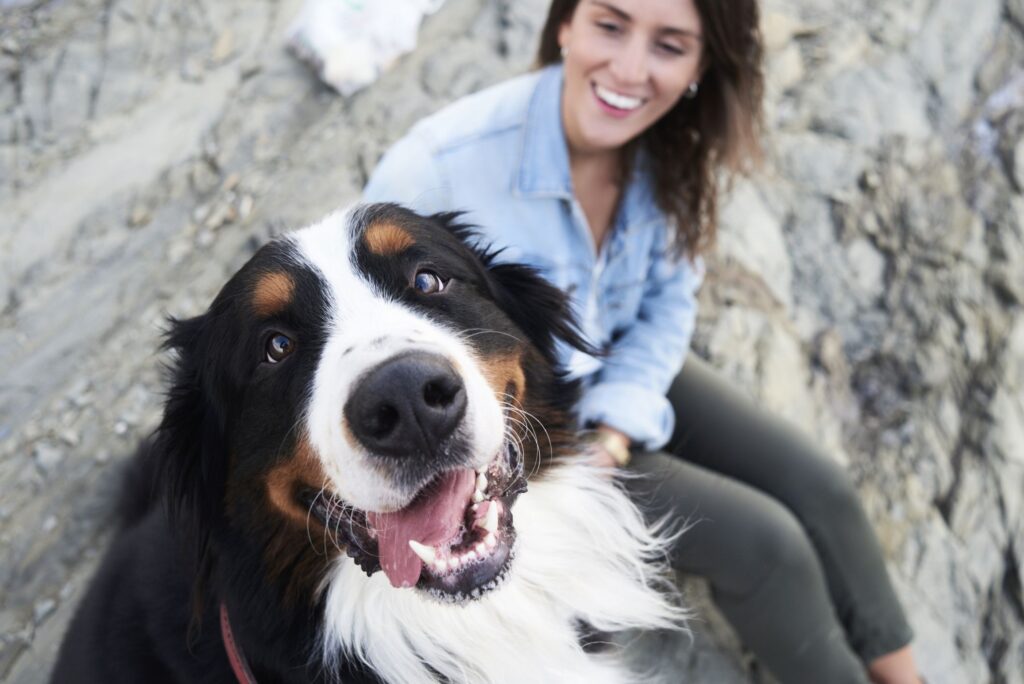The last time I adopted an animal — my dog, just over a decade ago — the entire process took less than a month. Walking home from the grocery store, I saw someone from a rescue organization walking Otter and stopped to chat. One quick application, two references and two weeks later, he was mine.

Shortly after the pandemic began, I started religiously checking Petfinder and Adopt-a-Pet in search of a kitten. Whenever I saw one I wanted, I filled out an application. Unlike the two pages I’d submitted to adopt my dog in 2009, these were long, exhaustive and, in my opinion, a bit invasive.
One rescue organization asked that I fill out a seven-page application, submit five personal references and provide a detailed record of every pet I’ve owned since childhood. Another wanted my driver’s license number, multiple references, a fecal sample from each of my dogs, a personal meeting and a separate home visit.
Others wanted to know whether my yard was fenced; if I’d enroll my pet in a training class; if I had ever been divorced; how much time I spent at home; and what my overall discipline philosophy was.
The worst part? I never heard back — from any of them.
When the pandemic hit, pet adoptions and fostering surged as people sought to ease their loneliness and find comfort; in the first month of the crisis alone, Petfinders adoption inquiries doubled from the previous four weeks, according to the company.
“The quantity of applications is just impossible for rescue groups to be able to answer everyone,” said Alison Schwartz, the owner of Doxie by Proxy, a dachshund rescue in Greensboro, N.C. “We can sometimes get 10 to 15 a day. We have four key board members in our group, and only one of those is charged with filtering applications.”
As the volume of applications has increased, so too has the level of detail.
Joyce Chikuma, a 59-year-old physician assistant in Edmonton, Canada, said that the five-month process of adopting her dog felt similar to her experiences with infertility.
“You can’t get what you want,” she said. “You can’t get pregnant when you want to get pregnant. And when you have to wait, it creates all these feelings of, ‘Why not me? Why can’t I be a parent? Why can’t I be a puppy parent?’”
The process also reminded Ms. Chikuma of seeking approval to adopt a child. Rather than assessing one’s ability to care for another being, she said, the focus is on “whether I’m good enough or I have quality housing.”
Though the radio silence and false starts are painful, the experience can also feel plainly absurd. Ms. Chikuma said she knows one person who drove six hours just to find an available dog. Applications often read, in parts, like creative writing prompts, with potential adopters being asked to describe in detail their perfect weekend.
Indeed, some have wondered whether they should be tactically inventive with their answers.
“Should I lie and say I work really close to my house?” Ms. Chikuma said. “I can pop home and pop back. Or is crate training a good thing to say, or is crate training a bad thing to say?”
Elaine Skoulas, 35, spent three years trying to adopt a Chihuahua in Los Angeles. She was immediately disqualified as an adopter of most available pets because she didn’t have a fenced yard or another pet in her home.
“I think that’s really tough because it clearly speaks to only a very small percentage of the population that might have enough privilege to have a home with a large yard,” she said.
Fiona Young-Brown, a 48-year-old writer in Lexington, Ky., also struggled with the yard issue. (She lives in a townhome without a fence.) But her struggles didn’t end there. She needed a vet reference for one of the dogs she hoped to adopt, but her vet had recently died.
“You can’t get a letter of recommendation from someone that you’ve never actually taken an animal to,” Ms. Young-Brown said. Other rescue organizations wanted photographs of every room in her home, or a signed affidavit reverting ownership of the dog to the rescue should something happen to Ms. Young-Brown (which her lawyer told her isn’t even legal). Each of them also required an application fee.
“We wanted a rescue on the principle of helping another dog, but at that point we were really starting to think, ‘This is invading our privacy so much we’d be better just contacting a breeder,’” Ms. Young-Brown said.
Ms. Schwartz said the detailed questions and home inspections are necessary. “It’s entrusting somebody with a life,” she said, and rescue organizations are committed to ensuring that each animal ends up in a “forever home.”
She also noted that rescue organizations can be liable for each animal’s well-being. If they adopt one out that then hurts someone or dies, she said, the rescue could be sued, depending on state laws. So, the intense applications are designed not only to limit abuse and weed out people who can’t handle the responsibility, but also to protect the organization legally.
Not everyone in the rescue world is aligned on the matter of detailed questionnaires. At the American Society for the Prevention of Cruelty to Animals, one of the largest humane societies in the world, adoption matchmakers ask questions about the atmosphere of the home to match pets and owners.
“We really feel like those kinds of restrictive policies, the ones that kind of serve as barriers — so things like landlord checks, home visits, references, do you have a fence, all of those kinds of requirements — we really feel like those just keep people from adopting,” said Christa Chadwick, the vice president of shelter services at the A.S.P.C.A. Not to mention, she said, they “don’t really help anyone understand whether or not that family is going to provide a loving home for an animal.”
Of course, there’s good reason to be thorough: American Humane Association research shows that about 1 in 10 adopted pets are returned or re-homed after six months.


